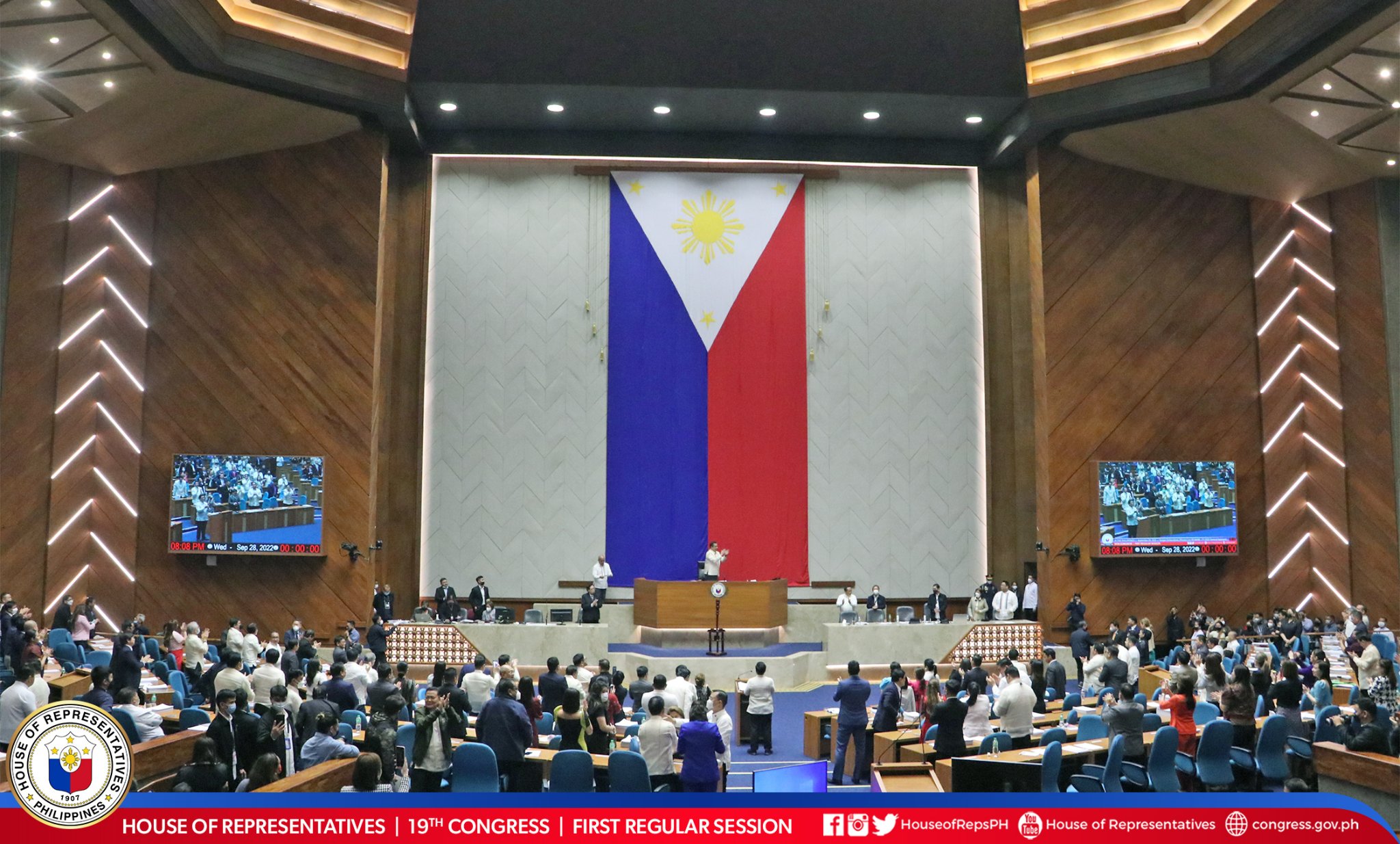News
House probe on online sexual exploitation of minors pushed

In filing House Resolution 453, Villar noted that as early as 2016, the Philippines has been named as the global epicenter of the live-stream sexual abuse trade. (File Photo: House of Representatives of the Philippines/Facebook)
MANILA – Alarmed by the increasing number of cybercrime-related cases involving children in the country, Deputy Speaker and Las Piñas Rep. Camille Villar has filed a resolution seeking an inquiry into the proliferation of online child sexual abuse with the aim of combatting the scourge.
“There is a need to protect minors from different types of online abuses, especially since the pandemic has had a profound impact on the way children use the Internet as they spent more time online. This form of abuse is one of the most pressing issues involving Filipino children today,” the House leader said.
In filing House Resolution 453, Villar noted that as early as 2016, the Philippines has been named as the global epicenter of the live-stream sexual abuse trade.
She said the country also ranks second in cybercrime vulnerability which exposes greater risks to minors and children who are the most vulnerable as they spend most of their time online.
Six out of 10 children between the ages of 8 and 10 were exposed to cyber risks such as phishing, hacking, cyberbullying, and even sexual exploitation, which had been attributed to the wide and easy access to smartphones and tablets even at an early age.
There have been reports that even parents or close relatives are themselves traffickers for their child.
According to the United Nations Children’s Fund, 20 percent of Internet-using children aged 12 to 17 in the Philippines were victims of online sexual exploitation and abuse. These include being blackmailed to engage in sexual activities, someone sharing their sexual images without their permission, or being coerced to engage in sexual activities through promises of money or gifts.
In a separate report by the Department of Justice, online child sexual exploitation nearly tripled during the quarantine, with 279,166 reported cases from March 1 to May 24, 2020 compared with 76,561 cases logged during the same period in 2019.
There was also an exponential increase in cyber tip reports—or those which are not actually confirmed cases—to 2.8 million cases in 2021, from 1.2 million in 2020 and about 400,000 in 2019.
“Online sexual exploitation of children, which includes child pornography and abuse, is one of the gravest and most alarming forms of human trafficking that is happening in the Philippines. Children who experience abuse often do not understand that was done to them was a form of abuse and it is important to make them understand that such acts are illegal that may bring them trauma,” Villar said.
“Thus, there is a need to conduct an inquiry into the matter, with the end goals of combatting all forms of early-age human trafficking, protecting their welfare in this digital age, and capacitating state agencies to run after perpetrators of online child exploitation,” she added.





















